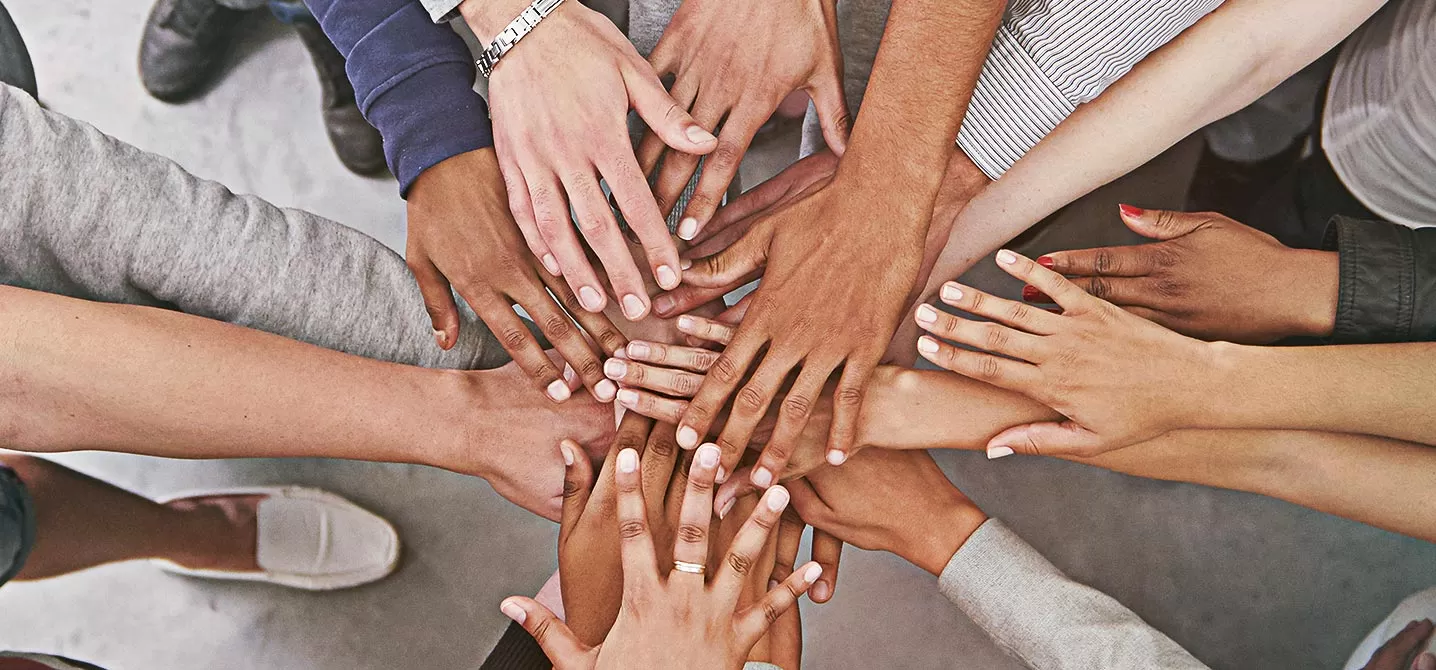Modern Family

- Our local coffee shop owner
- My first-grade teacher
- Rachel’s high school French teacher
- Our neighbor
- Eleanor’s teachers and therapists
- Friends from high school, college, and past jobs
- Aunts, uncles, and cousins
- My car mechanic
- Ten other families in our area that are affected by Rett Syndrome.
Is this an episode of This is Your Life? It did seem like that as I looked out at the people who came to Rachel’s and my event two weeks ago. It was a remarkable feeling—all these people generously supporting the research; wanting to be part of changing Eleanor’s life and the lives of all girls and women with Rett Syndrome. They all felt like part of our own extended family, and I can’t say enough about how grateful I am to them.
This is the second event Rachel and I have done with my parents, Eleanor’s grandparents. They are musicians (my dad’s a pianist and conductor and my mom is an oboe player), so it made sense to do a concert. Our event is far from the biggest or most lucrative for RSRT, but we’re proud of it because we know the funds make a difference to the research, and only research can truly rid Eleanor of this disease.
As I look at that list of supporters, I’m struck by something. I have called, written, and emailed hundreds of well-known foundations and corporations on RSRT’s behalf. I’ve gone to conferences where I knew the executives of major foundations would be there, hoping to pull them aside and tell them about Rett Syndrome. I will never stop doing these things, because, to borrow the phrase from our local lottery advertisement, “you never know”. But unless these foundations are connected in some way to a family affected by Rett, I’ve learned that they’re very unlikely to contribute (if you have a connection to one, please call me!). The fact is, my first-grade teacher, my mechanic, our neighbor, and everyone who supported our event or any of the other events spearheaded by families are bigger donors to RSRT than any of the top 50 foundations in the U.S. (And yes, I will continue to reach out to those foundations with letters and proposals anyway!)
This is a clear reminder of two things: 1) People support the research because they have a connection to a family that’s affected by Rett, and 2) Events, no matter what form they take—a backyard barbeque, cocktails in your home, a gathering at a restaurant or bar, a gala, a concert—remain the most effective and impactful fundraising tool.
I’ll single out my mechanic as an example. He greets Eleanor every time I drop the car off for an oil change. He knows us; he knows Eleanor. I could just ask him to donate to RSRT, and I have done that on occasion with some friends. But it’s easier and more natural when I can hand him an invitation to our event and say—would you and the garage be willing to be a sponsor? We’d list your name in our program; and every dollar you give goes directly to research and makes a difference to Eleanor. He seemed emotionally moved be part of both the event and giving to the research.

Rett Syndrome is not unique for having most of its funding come from the networks of affected families. I was talking recently with my counterpart at a well-known organization that raises funds for disease-specific research (a disease that has a lot more name-recognition than Rett Syndrome and an organization that has star power as well). I asked her if they get funding from sources other than affected families and their networks. Her response—only a tiny portion of their funding comes from donors who aren’t connected to an affected family.
All this underlines to me that we can’t wait for or rely on big foundations or corporations to take our research to the next level. We, families that are impacted by Rett, have to take charge. I’m not saying we have to fund it all ourselves. But we all can get our networks—our friends, our aunts and uncles and cousins, our mechanics—to help support this cause, and events are a natural way to do that. If 20 or 30 or 40 more families start events that inspire their networks to give, we can grow our funding exponentially and move the research faster to the stage where it will change our daughters’ lives.
If you are a family affected by Rett Syndrome and you are not already involved in an event or fundraising for RSRT, please call or email me to brainstorm ideas for starting your own event. Thank you so much.
Tim Freeman
609.309.5676
tim@rsrt.org


